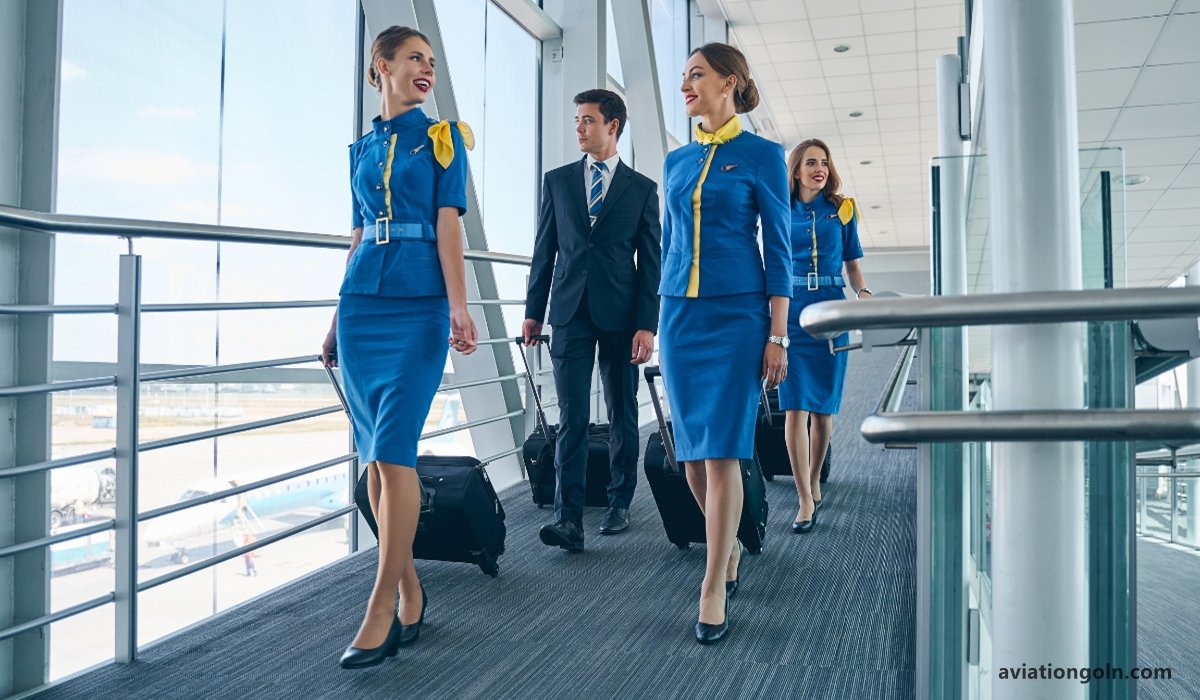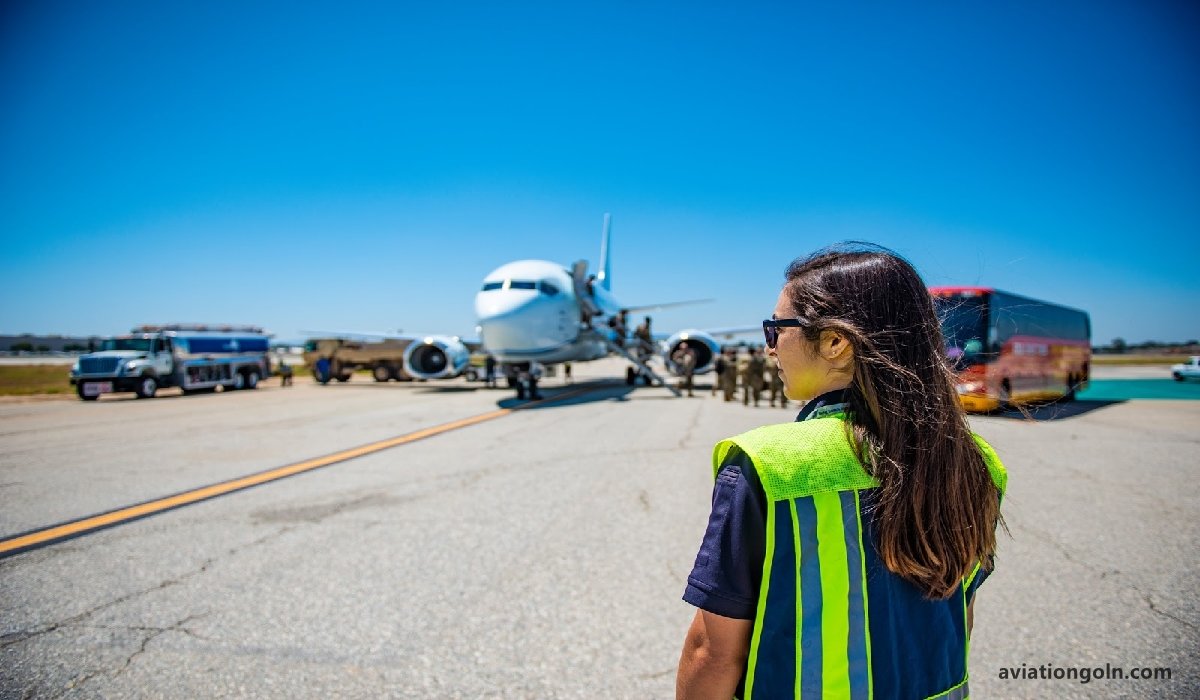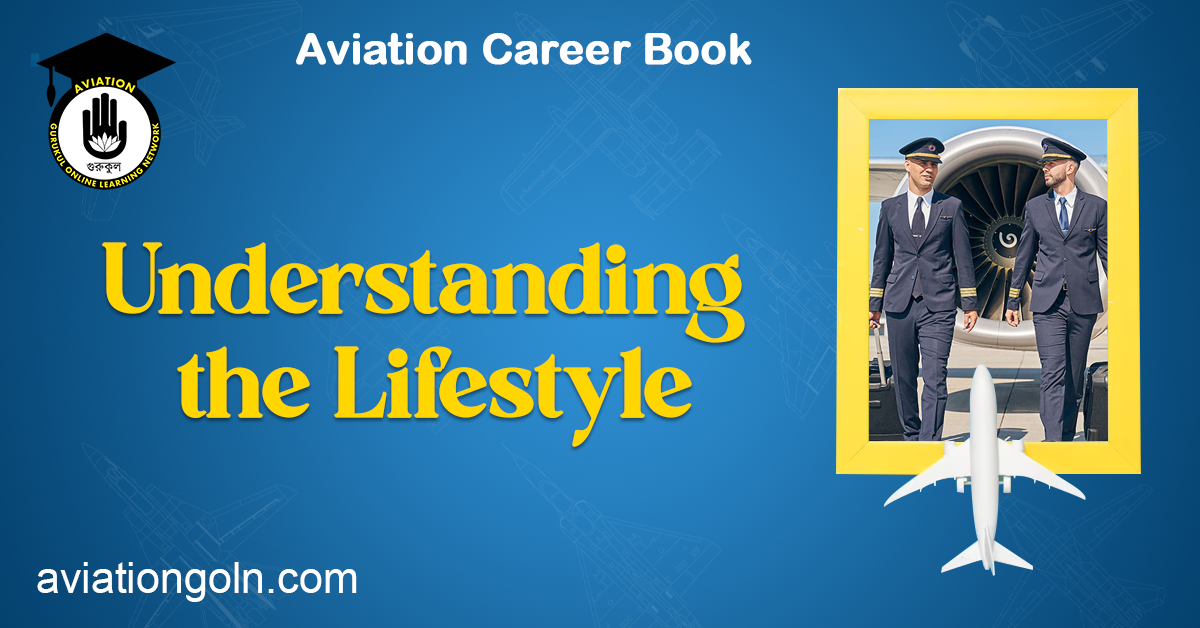Understanding the Lifestyle: An aviation career is not just a job, it’s a way of life. The allure of the skies, the possibility of seeing the world, and the thrill of flight make aviation one of the most unique and captivating career paths available. However, a life in the clouds comes with its challenges. Surviving and thriving in aviation requires a robust understanding of both the industry’s demands and how to maintain a work-life balance.
Understanding the Lifestyle: Surviving and Thriving in an Aviation Career

I. A Life Aloft: The Allure of Aviation
- Passion for Flight: The foundation of a career in aviation often starts with a childhood dream. Many aviation professionals recount tales of their first glimpse of an airplane or a memorable flight experience that sparked their passion.
- Diverse Opportunities: The aviation industry isn’t just about pilots and flight attendants. Careers span from aircraft mechanics, air traffic controllers, to operations managers, ensuring a fit for various skills and interests.
- Seeing the World: One of the foremost attractions of an aviation career is the chance to travel. Whether it’s domestic hops or international long-hauls, the world becomes more accessible.

II. Understanding the Challenges
- Irregular Hours: Unlike a typical 9-5 job, aviation professionals often work irregular hours, including nights, weekends, and holidays. Adjusting to an ever-changing schedule can be daunting.
- Physical and Mental Demands: The cabin environment, jet lag, and long hours can take a toll on the body. Additionally, high-stakes decision-making, especially for pilots and air traffic controllers, adds a layer of mental strain.
- Family and Social Life: Frequent travel and erratic hours can make maintaining relationships a challenge. Birthdays, anniversaries, and other significant events might be missed.
- Economic Volatility: The aviation industry is susceptible to economic downturns, geopolitical events, and lately, global pandemics. Job security can sometimes be uncertain.

III. Finding Balance: Maintaining Physical and Mental Health
- Routine Health Check-ups: Given the physical demands, regular health check-ups are vital. Pilots, in particular, have stringent medical standards to maintain their flying licenses.
- Fitness Regimens: A regular fitness routine helps combat the sedentary nature of flying and ensures stamina and endurance.
- Mental Wellness: Embracing mindfulness techniques, meditation, and sometimes seeking professional counseling can help navigate the mental pressures.
- Dietary Habits: Eating healthily can be a challenge, especially with different time zones and available cuisines. However, a balanced diet is crucial.

IV. Building Relationships: Navigating Personal Life
- Communication is Key: Regularly checking in with loved ones, even if briefly, ensures a connection despite the distances.
- Schedule Quality Time: When back home, prioritize quality over quantity. Engage in meaningful activities with loved ones, ensuring memories are created.
- Join Support Groups: Many aviation professionals find solace in joining support groups, where they can share challenges and solutions with peers.

V. Developing Professional Skills: Continuous Learning
- Stay Updated: The aviation industry is dynamic, with technological advancements and changing regulations. Regular training and skill updates are imperative.

- Networking: Engaging with peers, attending seminars, and joining aviation associations can open doors to new opportunities and insights.
- Soft Skills: Technical prowess is essential, but soft skills like communication, teamwork, and problem-solving are equally crucial.

VI. Financial Planning: Preparing for the Rainy Days
- Save Smartly: The cyclical nature of the aviation industry necessitates a robust saving habit. Having a financial cushion during downturns is vital.
- Diversify Skills: Learning supplementary skills can be a boon. For instance, a pilot might consider getting certified in flight instruction to teach during off days.
- Invest in Retirement: Retirement planning can sometimes take a backseat, given the immediate challenges. However, long-term financial planning ensures a comfortable future.

VII. Embracing the Positives
- Unique Experiences: Despite the challenges, few careers offer the chance to witness sunrises at 35,000 feet or explore various cultures firsthand.
- Building Camaraderie: Working closely, often in challenging conditions, builds a unique bond with colleagues, leading to lifelong friendships.
- Impacting Lives: Aviation professionals play a crucial role in connecting people and places, often reuniting families or facilitating critical business deals.

VIII. Looking to the Future
- Industry Evolution: With technological advancements, the aviation industry will witness shifts in job roles, offering new opportunities.
- Sustainability: The future of aviation is leaning towards sustainability. Engaging in and advocating for sustainable practices can be fulfilling.
- Personal Growth: Embracing personal growth, whether by seeking higher education, learning new languages, or exploring hobbies, ensures a fulfilling life both in and out of the cockpit.

Surviving and thriving in an aviation career requires more than technical skills; it demands resilience, adaptability, and a deep-seated passion for the skies. By understanding the challenges, maintaining a work-life balance, and continuously seeking personal and professional growth, one can indeed experience the best of both worlds: a rewarding career and a fulfilling personal life.
The allure of the skies is undeniable, but with a little preparation, understanding, and adaptability, aviation professionals can ensure they don’t just survive, but genuinely thrive in this remarkable industry.
